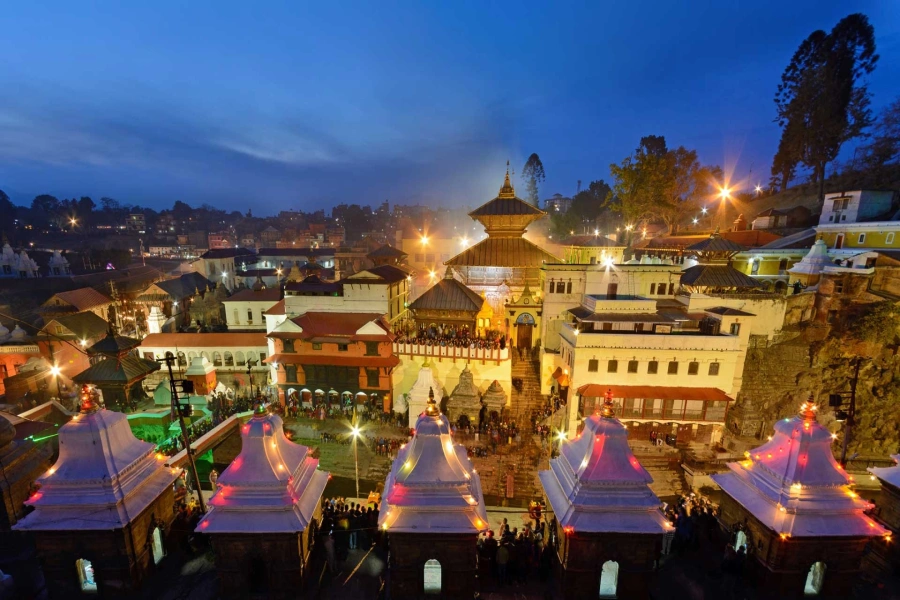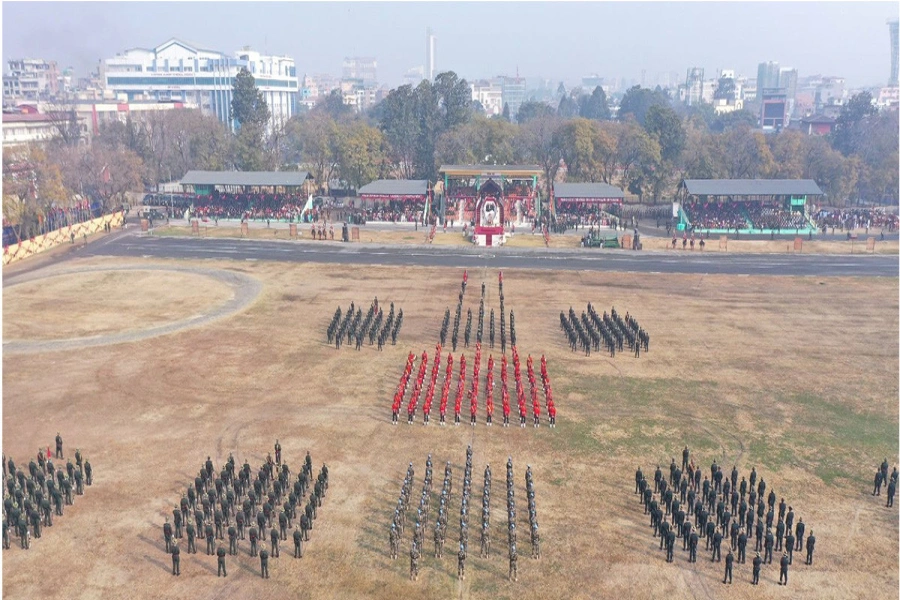KATHMANDU, June 11: Prime Minister Pushpa Kamal Dahal has said university education must focus on research and innovation.
Addressing the 28th convocation ceremony of the Kathmandu University at Dhulikhel, Kavrepalanchowk, on Sunday, PM Dahal said that is high time for all the universities and higher educational institutes to change their style of teaching-learning. He argued that research must contribute to social change.
PM Dahal said that the government has decided to conduct research via universities which would give opportunity to the university teachers to contribute to the state. In its 32 years of operation, Kathmandu University (KU) has produced more than 41,000 human resources. PM Dahal applauded the KU for preventing brain drain of students, thereby stopping the Nepali currency from going out by providing education on par with the international standard.
VIDEO: Nepal should invest one percent of its GDP in research,...

"The government has acknowledged KU's proposal to provide employment to the talented graduates of Bachelor's Level. The government will support this concept," the PM pledged.
According to him, the government has given special attention toward the prospects of making Nepal an educational hub for higher studies in engineering, medical studies, information and technology and environment science among others.
On a different note, PM Dahal said that the commerce policy being drafted at present had identified education service as an area of having potential of being exportable.
He articulated the readiness of the incumbent government for legal, procedural and structural arrangements to turn possibility into reality. "As I am told that 13 percent of graduates of the KU were foreign nationals from over 55 countries, it shows that the possibility of Nepal becoming an attractive educational hub in South Asia is not only a fantasy but an objective reality that could be materialized," Dahal said.
He opined that the research being conducted by the KU in the areas of production of green hydrogen, artificial intelligence, agriculture-based on modern technology, studies of glaciology and health-informatics and publication of findings would contribute to the formation of social capital, which he believes would ultimately foster economic growth of the country.
(RSS)





































